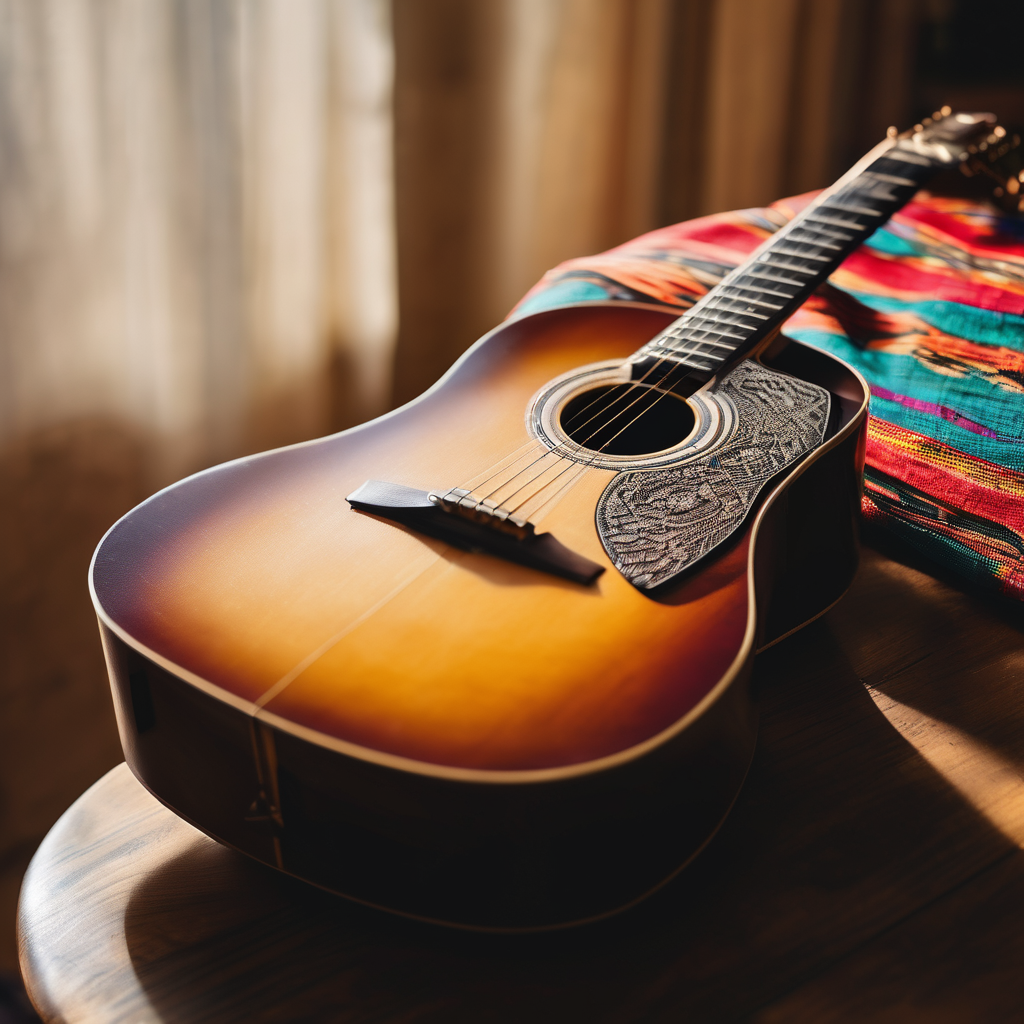The Netflix documentary series “Juan Gabriel: Debo, puedo y quiero” (“I Must, I Can, and I Want To”) has sparked widespread conversation throughout the Spanish-speaking world in recent weeks. While Juan Gabriel, born Alberto Aguilera Valadez, may not be widely recognized outside Latin America, his music has profoundly resonated with millions, often challenging deep-seated cultural taboos.
What sets “Debo, puedo y quiero” apart is its intimate glimpse into Juan Gabriel’s life, facilitated by his extensive personal archives, which include over 2,000 videotapes, photo albums, and audio recordings dating from 1950 until his passing in 2016. Director María José Cuevas emphasizes her unique task of portraying a character brought to life through these materials, allowing Juan Gabriel to narrate his own story with a focus on authenticity rather than sensationalism.
The documentary honestly addresses some of the darker moments that shaped his sensitivity, detailing a childhood marred by poverty, abandonment, and trauma, including sexual abuse suffered at age 13. Yet it also highlights how these struggles fueled his creative expression. Juan Gabriel famously remarked, “I made solitude my friend,” illustrating how he transformed pain into poignant songs and melodies.
From a young age, Juan Gabriel demonstrated an extraordinary talent for performance, taking to the stage at nightclubs by just 16 years old, with his hit “Noa Noa” marking one of his earliest successes. His ability to blend sorrow with joy in his music connected deeply with the Mexican public. Musicologist Guadalupe Caro Cocotle notes that while his lyrics may seem sorrowful, his performances convey a celebratory spirit, encapsulating the complexity of the Mexican emotional experience.
Juan Gabriel’s presence was also significant in terms of challenging traditional masculinity within Mexican society. His famous phrase “Lo que se ve no se pregunta” (what can be seen need not be asked) reflects his navigation of sexual identity within a conservative context, ultimately earning him a unique acceptance among audiences. Caro Cocotle describes him as someone who “queered the Mexican alpha male,” allowing emotional expression that was typically seen as feminine, reinforcing his status in Mexico’s cultural landscape.
Moreover, Juan Gabriel was not just a charismatic performer; he was a dedicated father who prioritized family life, particularly in raising his four sons away from media scrutiny. His philanthropy also stood out, with the establishment of an orphanage and a boys’ music school called Semjase, underscoring his commitment to giving back to the community and supporting those who faced isolation.
The documentary goes beyond personal storytelling, revealing Juan Gabriel’s complex relationship with the music industry and the societal norms of his time. It discusses his controversial associations, including his support for former President Carlos Salinas de Gortari, paired with his groundbreaking performance with the National Symphony Orchestra at the Palacio de Bellas Artes, an event that bridged high culture and common folk.
“Debo, puedo y quiero” is not only a biographical review but also a celebration of Juan Gabriel’s life and legacy, inviting viewers to turn up the volume and appreciate a soundtrack that mirrors a life of complexity, struggle, and ultimately joy. Directed by María José Cuevas, this insightful four-episode series offers an introspective view of the man behind the legend, Alberto Aguilera Valadez, and the beloved icon of Latin music, Juan Gabriel “El Divo de Juárez.”
